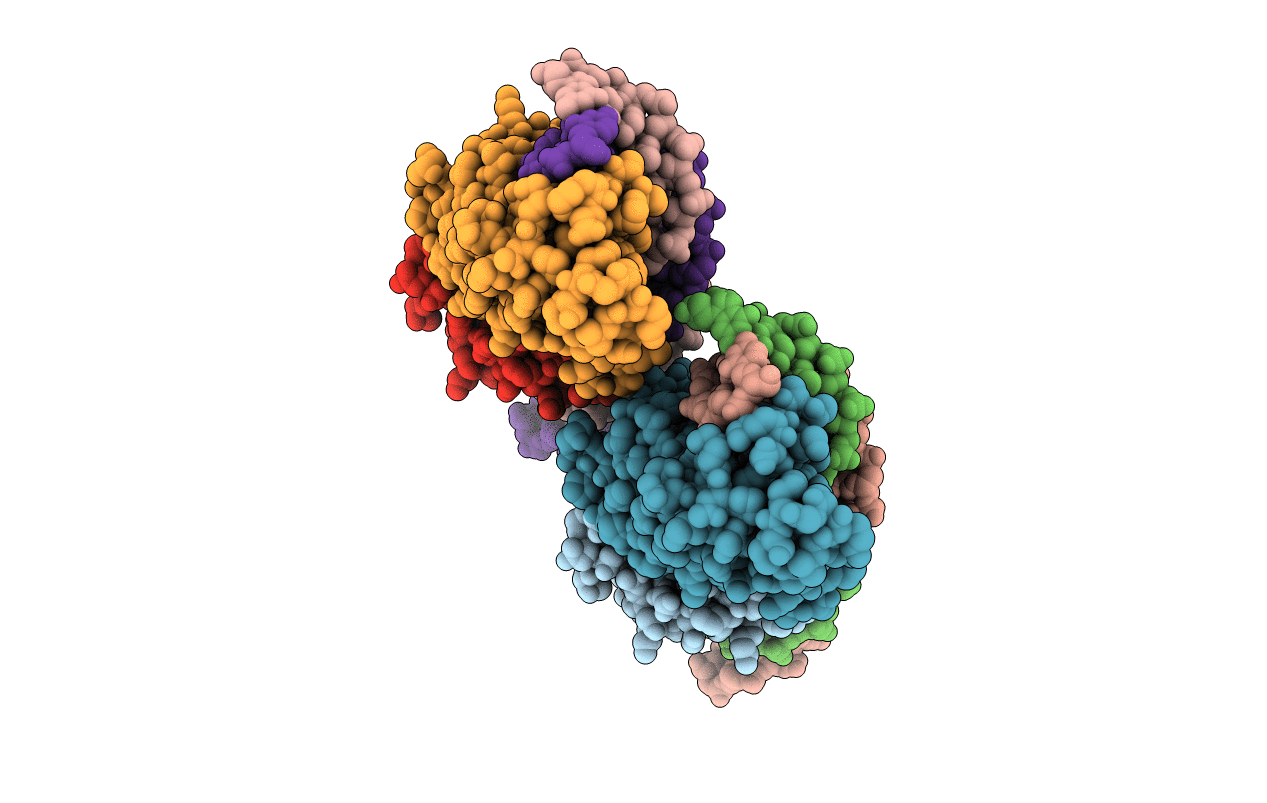
Deposition Date
2009-11-13
Release Date
2010-05-19
Last Version Date
2023-09-06
Entry Detail
PDB ID:
3KO2
Keywords:
Title:
I-MsoI re-designed for altered DNA cleavage specificity (-7C)
Biological Source:
Source Organism(s):
Monomastix sp. (Taxon ID: 141716)
Expression System(s):
Method Details:
Experimental Method:
Resolution:
2.90 Å
R-Value Free:
0.28
R-Value Work:
0.24
R-Value Observed:
0.25
Space Group:
P 1


